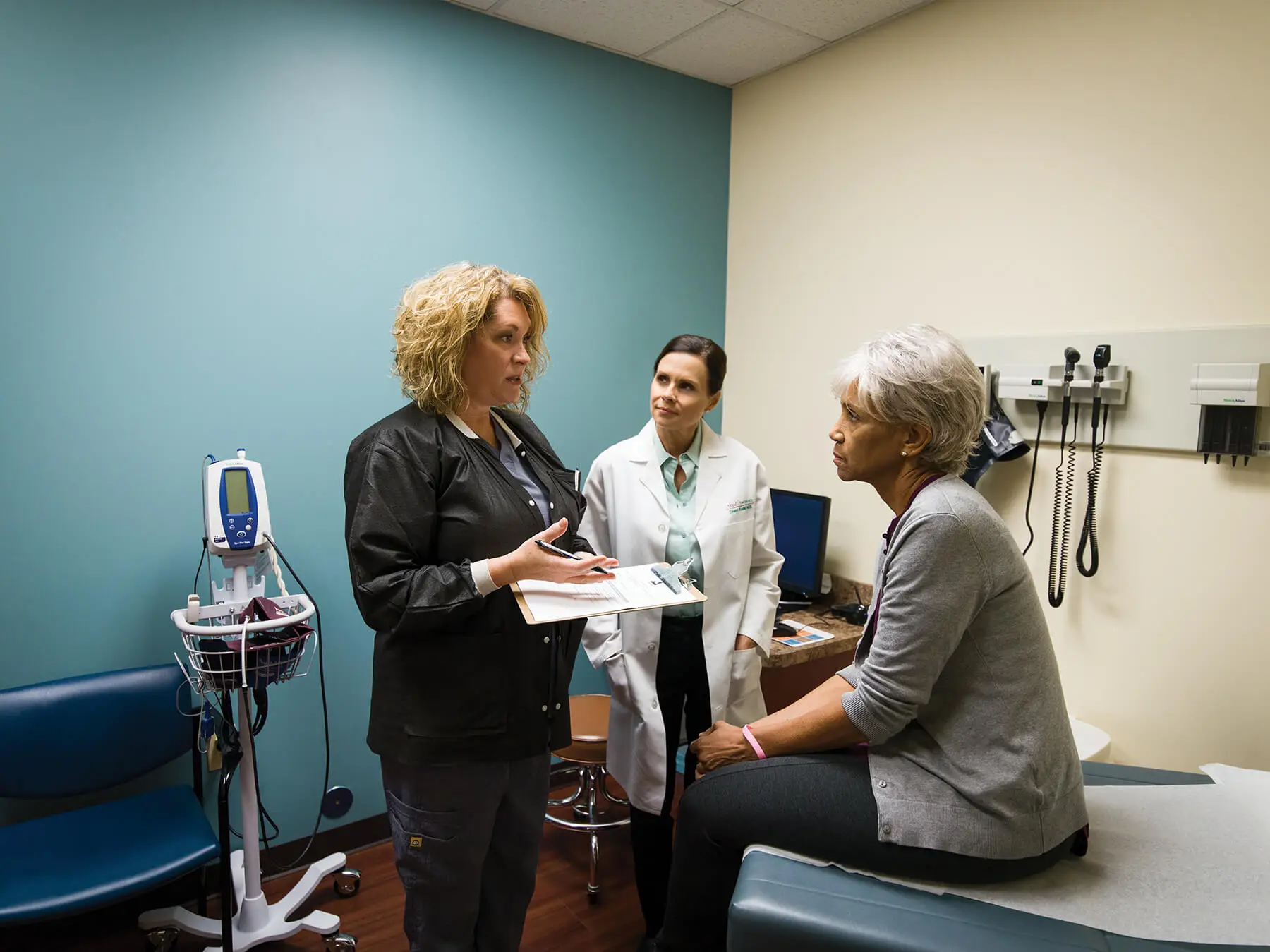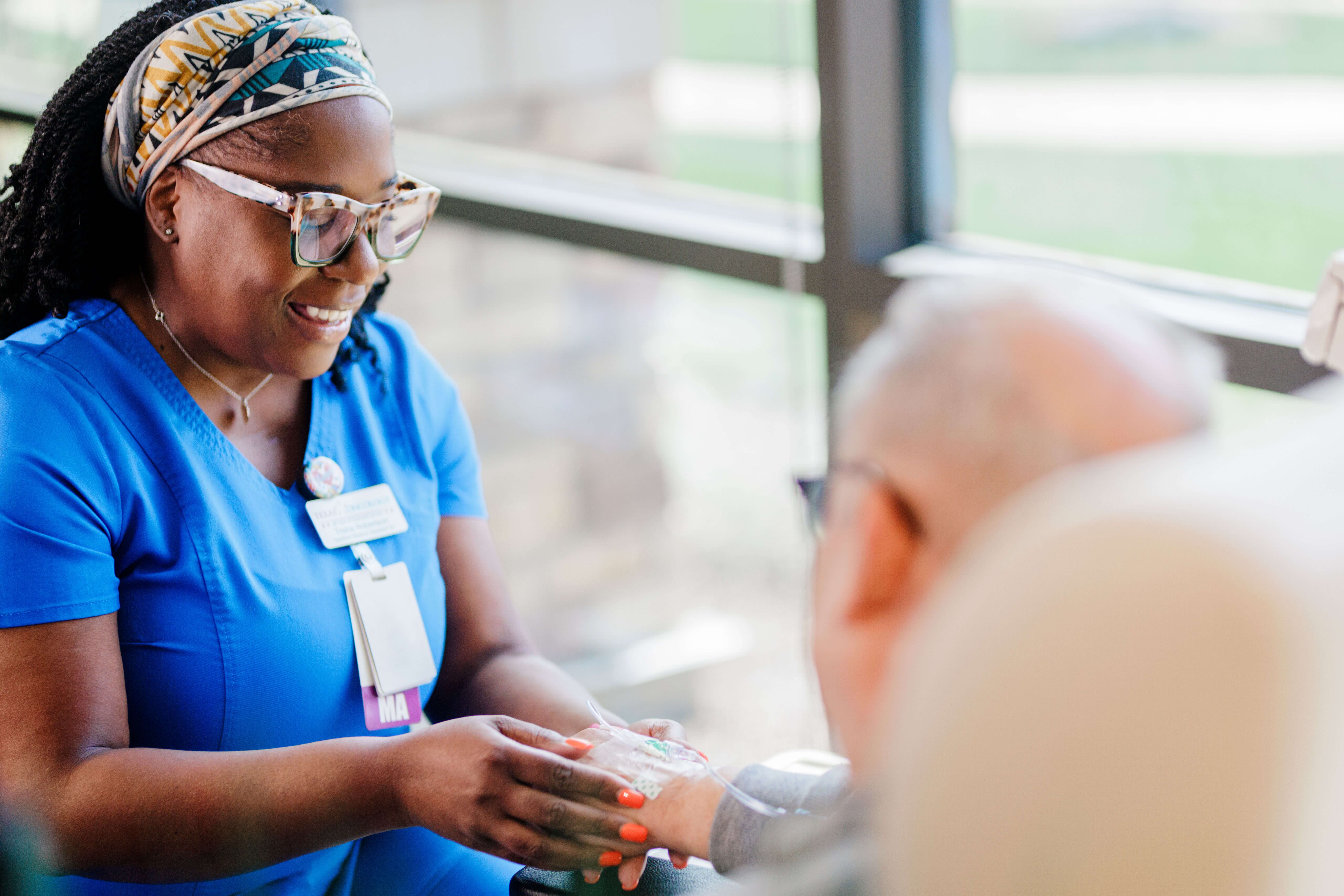Practice Stories
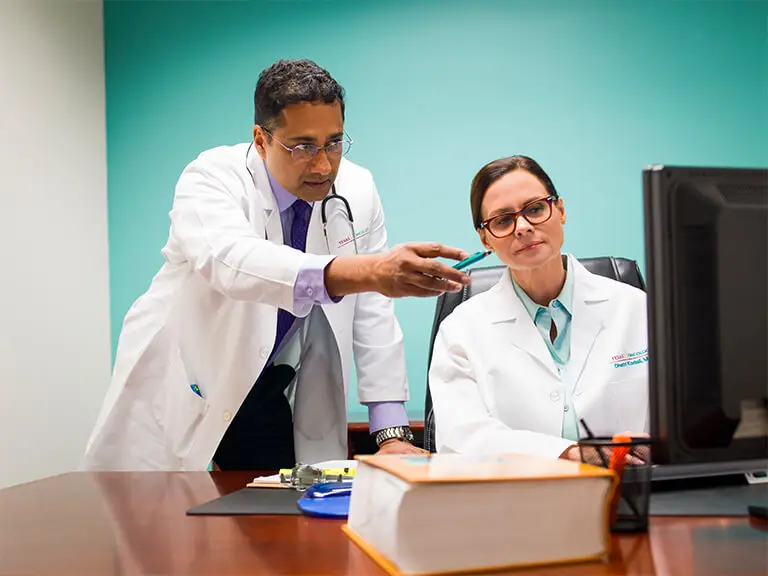
When Crisis Strikes
In the oncology field, data and technology play crucial roles. The Network ensures that during high-stress systemic outages, dedicated teams are swiftly mobilized to restore technological tools and support daily operations, minimizing interruptions to patient care.
Learn how The Network practices are supported during a crisis.
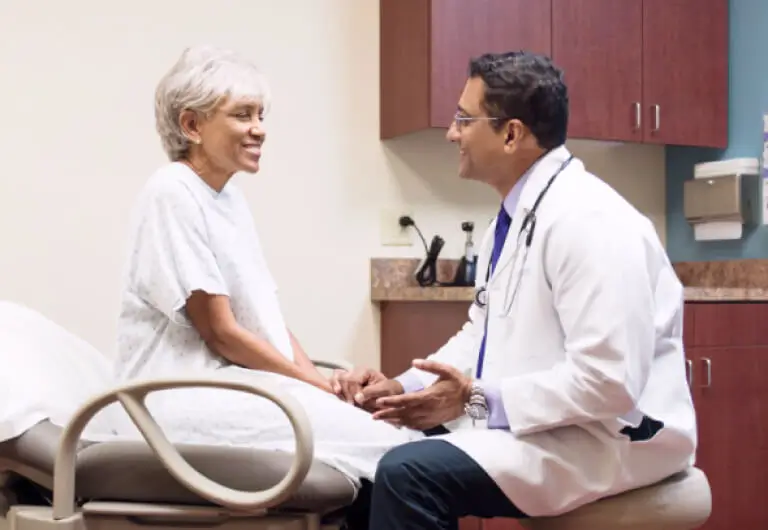
Impact of automatic, EMR-based result delivery of liquid biopsy results on patient care
We streamline the utilization of biomarker testing and targeted therapies – enabling improved patient outcomes.
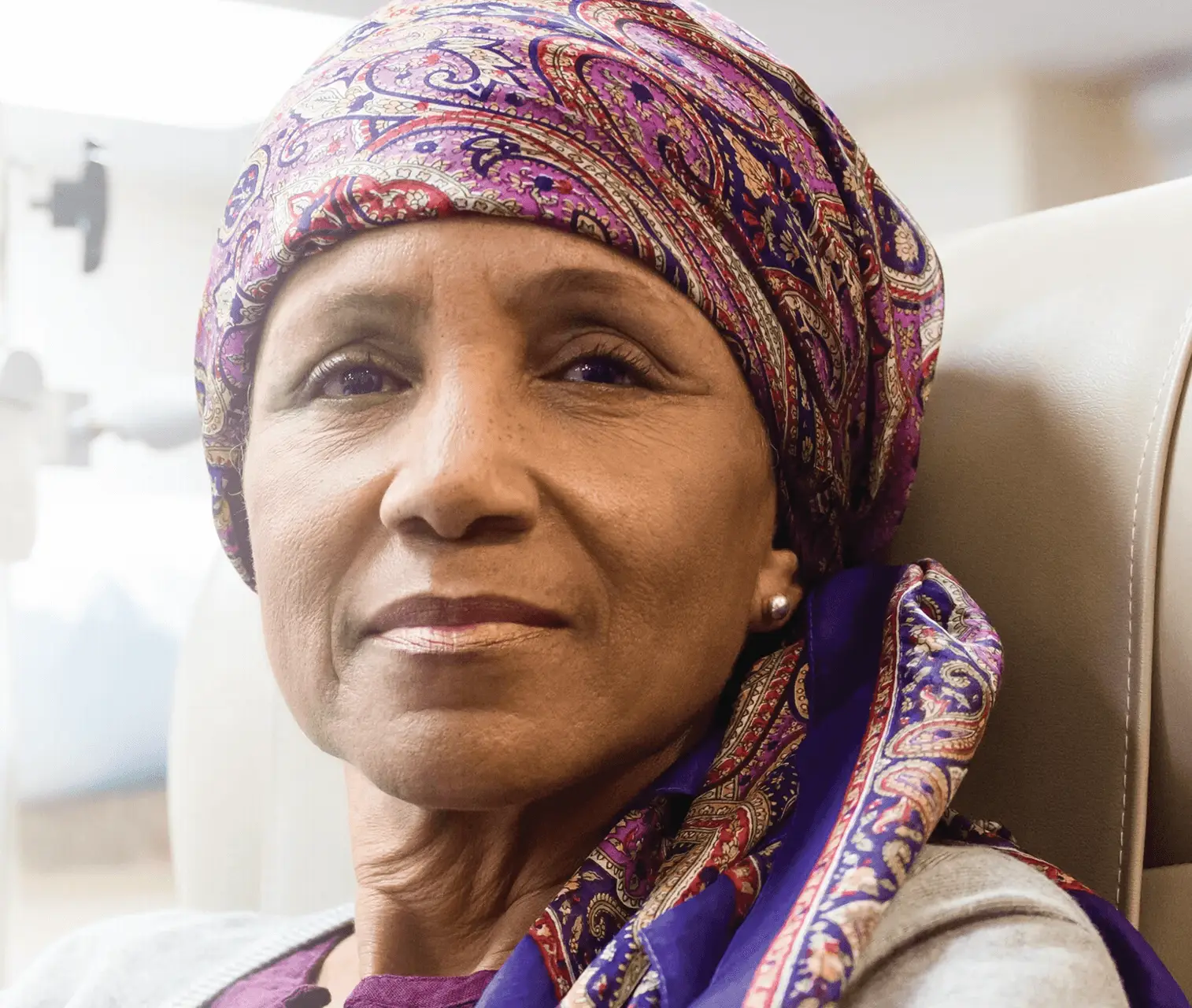
Independent Cancer Centers, the best choice for high-quality, cost-effective care
Practices in The US Oncology Network offer more affordable treatment options than hospital outpatient departments without compromising on quality of care. This cost savings can help alleviate the financial burden on patients and payers.
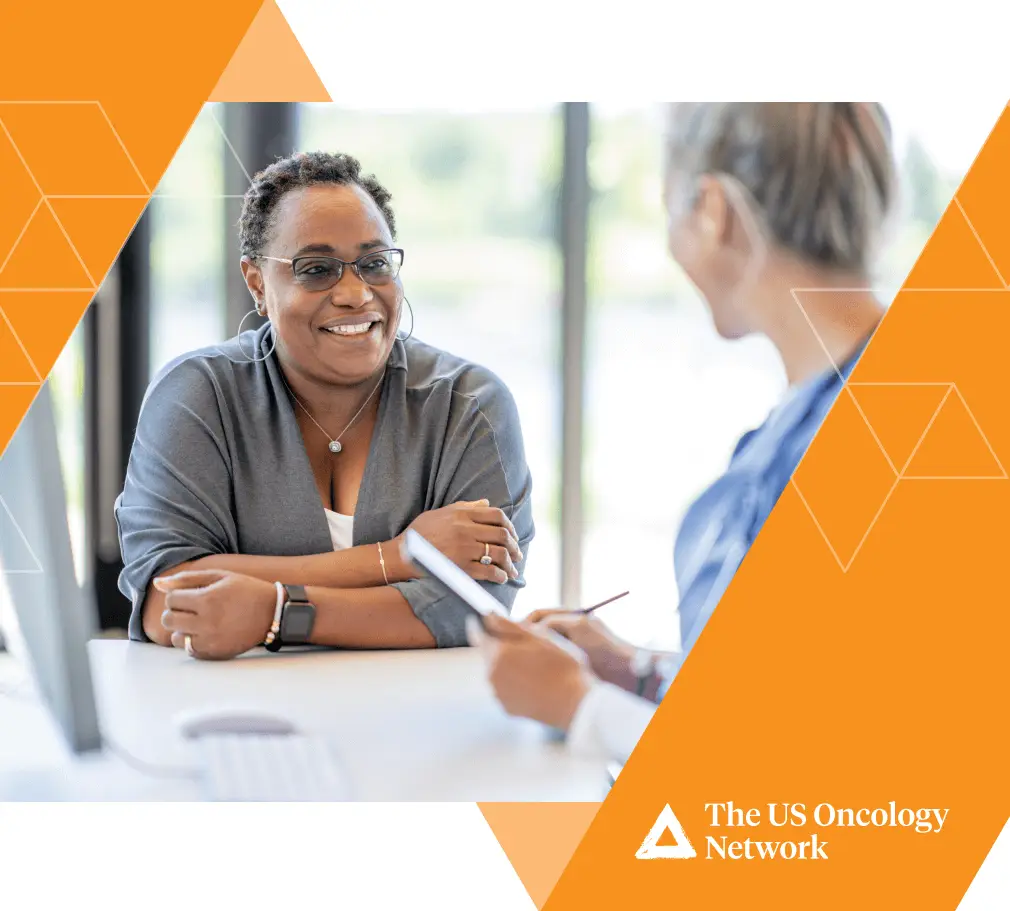
Empowering Community Oncology to Thrive Through Advocacy and Action
Practices in The US Oncology Network count on our dedicated, highly skilled Government Relations and Public Policy team to fervently support their practices, providers and patients by protecting access to quality care in the community setting.
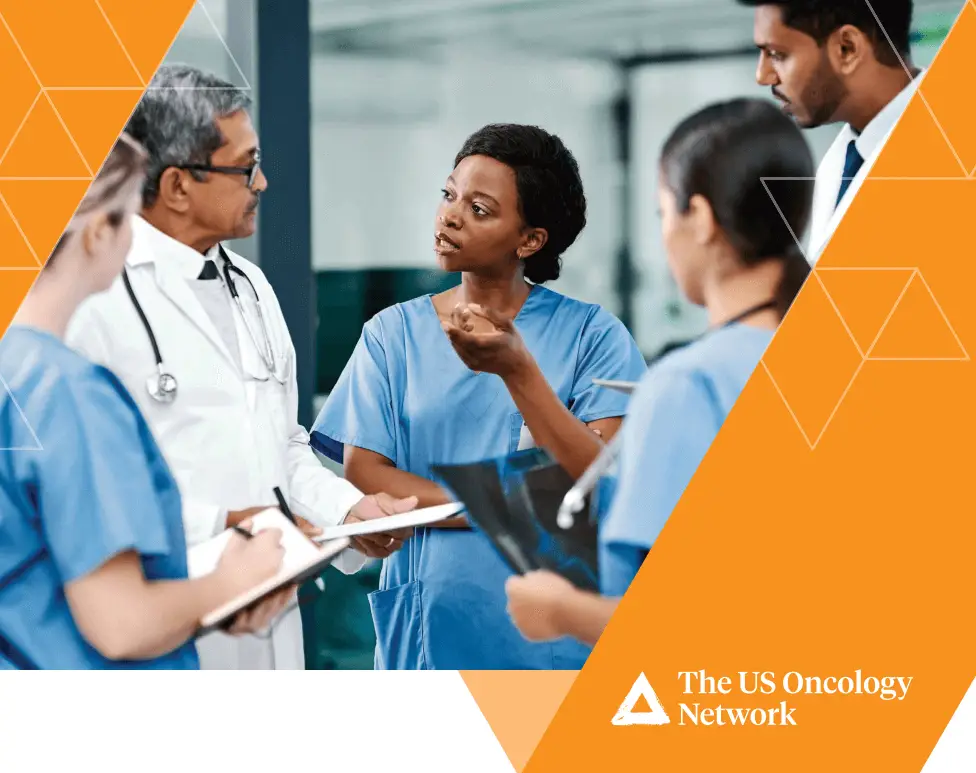
The Freedom of Autonomy with the Strength of Numbers
Philadelphia Metro Area
As experts in building and executing business development strategies, The Network empowers a vision specific to each practice and its market, enabling the practice to thrive in its market niche. Strategic planning drives success by positioning the practice as part of a larger overall market strategy.
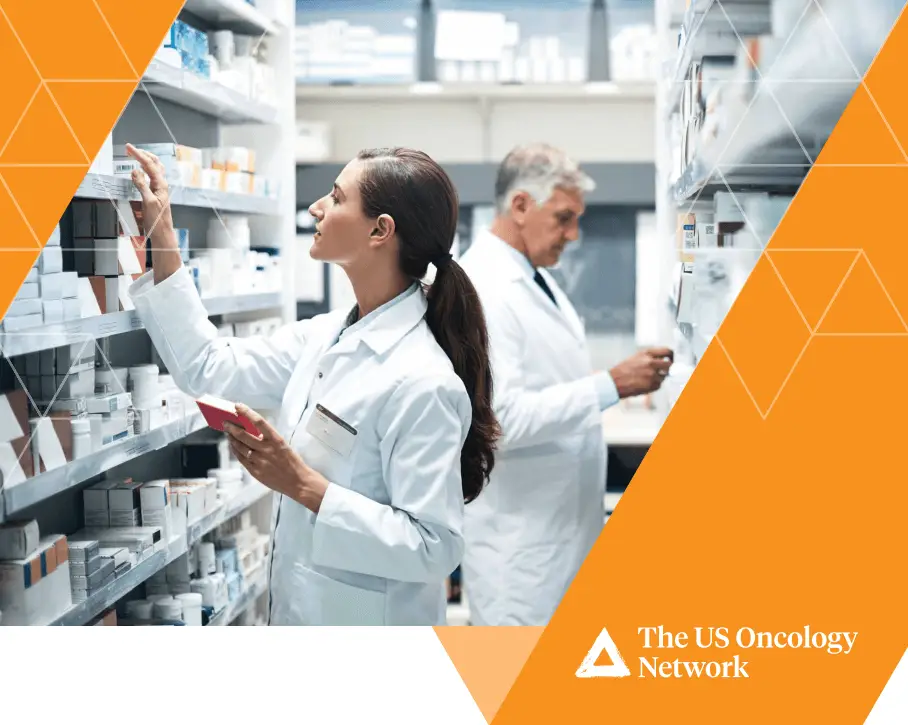
Quickly move prescriptions through prior authorization
Rocky Mountain Cancer Center (RMCC), a member of The US Oncology Network, is a physician-led and owned practice that provides coordinated and comprehensive care at 19 locations across the Colorado Front Range.
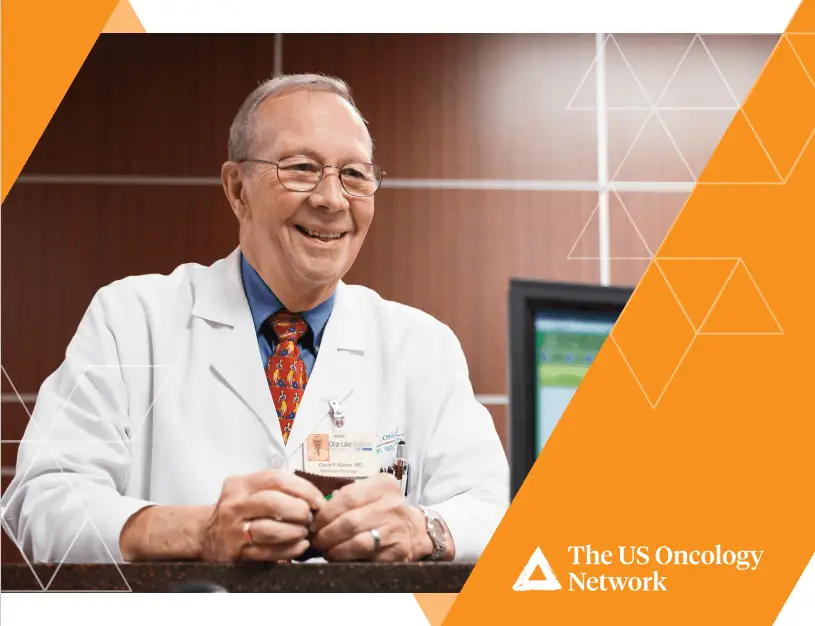
The Benefits and Challenges of Engaging with Multiple Payers and Various Value-Based Care Programs
Value-Based Care (VBC) can drive meaningful improvements in patient care by aligning payment with value. Creating a quality VBC strategy allows practices to harmonize various programs ensuring quality patient care while minimizing practice burden.
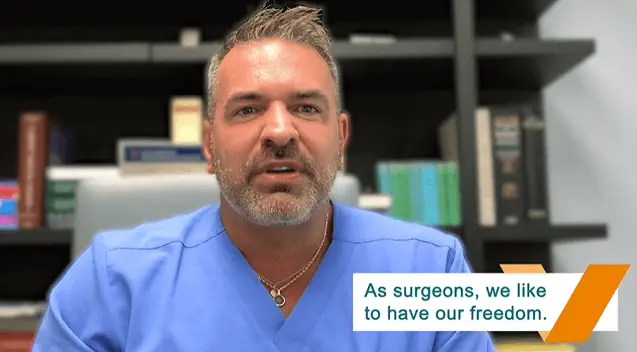
Surgeons in The US Oncology Network
Surgeons play an important role in the treatment of cancer patients
Did you know that more than 200 surgeons are part of The US Oncology Network?
The Network is dedicated to providing opportunities, research and support so they focus on patient care.
Watch the 1 minute video
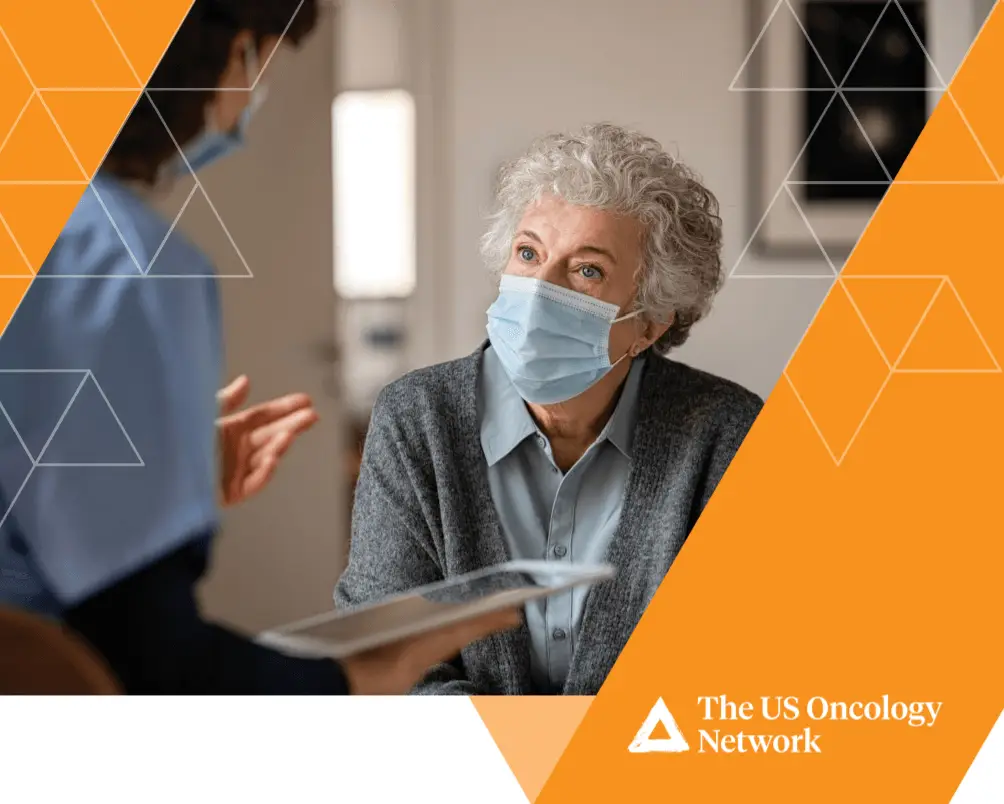
The US Oncology Network COVID-19 Response
The Network promised to give practices the tools they needed to safeguard patient and staff safety, optimize patient care, and keep their doors open. The Network delivered on its promise. Not only did all the practices in The Network survive, but many of the practices were also able to achieve the financial performance goals they had set before the pandemic.
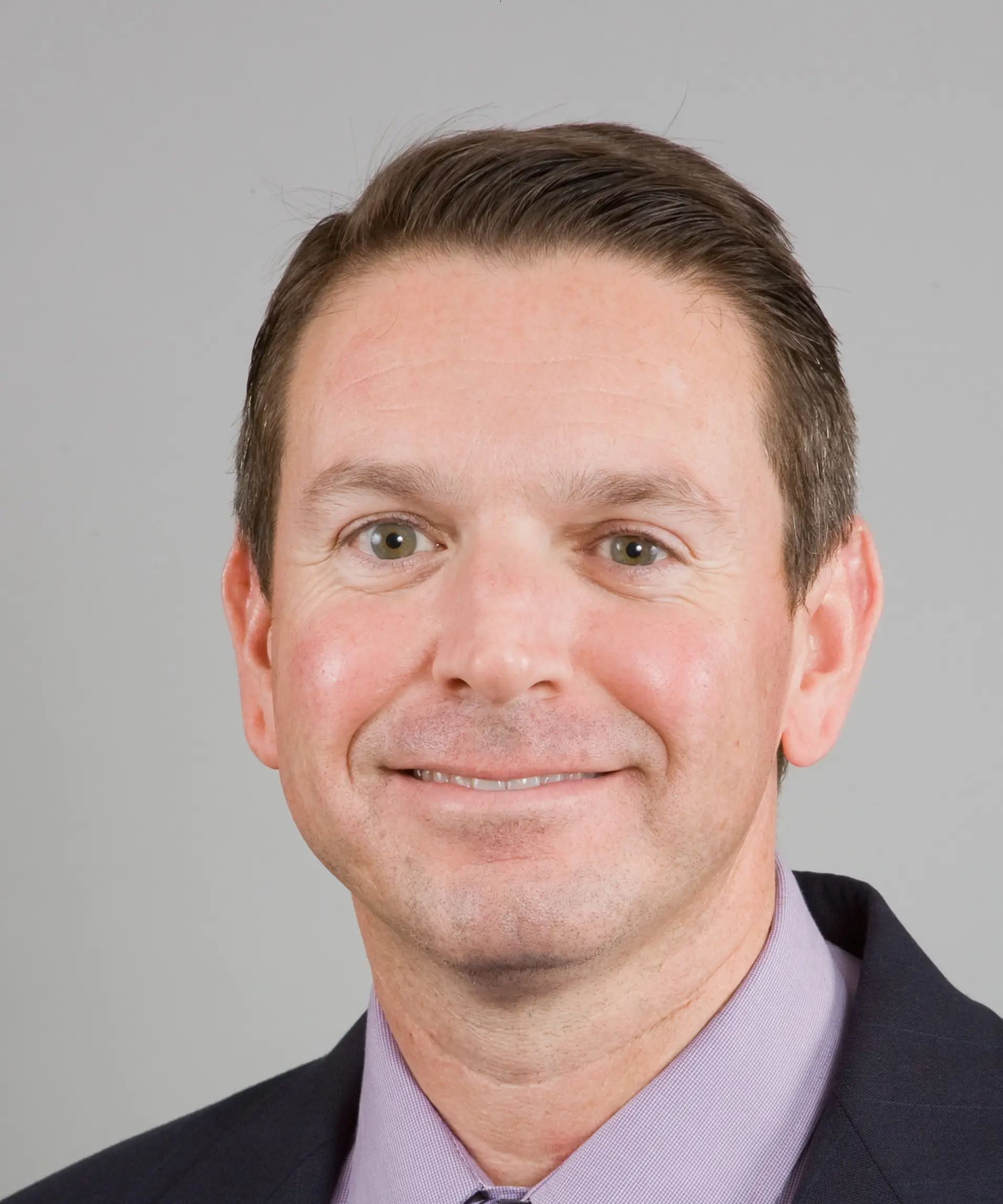
Numerous Benefits of The Network
Mark C. Deleon, M.D., Texas Oncology
The support of the technology and IT services we receive as part of The Network is simply priceless. The Network’s ability to buy chemotherapy medication at best possible price results in improved financial efficiency, and the benefits program and power in numbers allows us to attract and keep fabulous nurses.
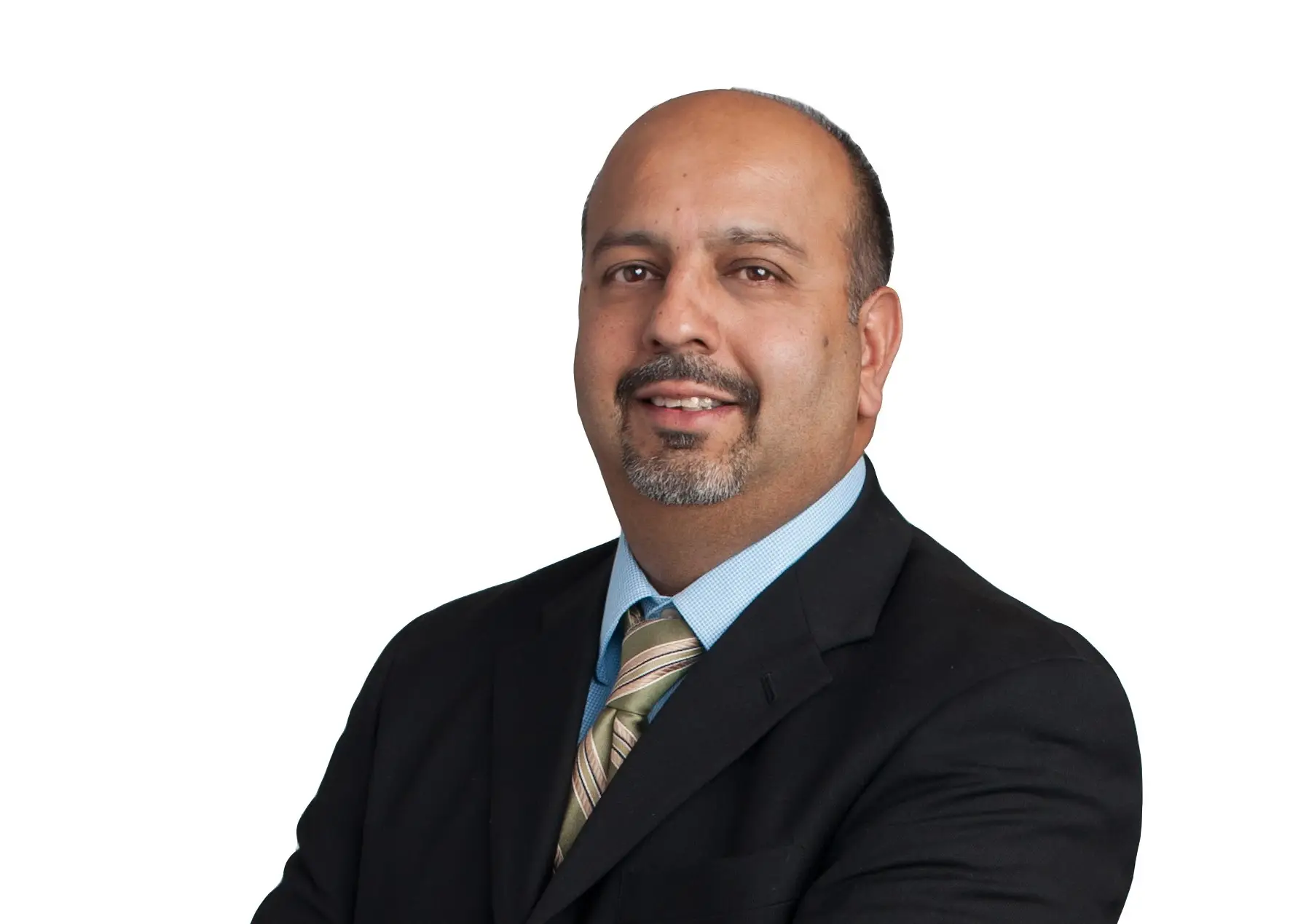
Financial Success in The Network
Rajat Malhotra, M.D., Illinois Cancer Specialists
Being part of The Network has allowed our practice to succeed financially. I believe this is related to the ability to absorb financial variations based on fluctuating reimbursements. I also believe that the purchasing power of The Network has helped us stay competitive. We do not have to worry about the cost of capital, which is a common concern for private practices. And we do not have to worry about our line of credit in a time where the expense of treatments is increasing.
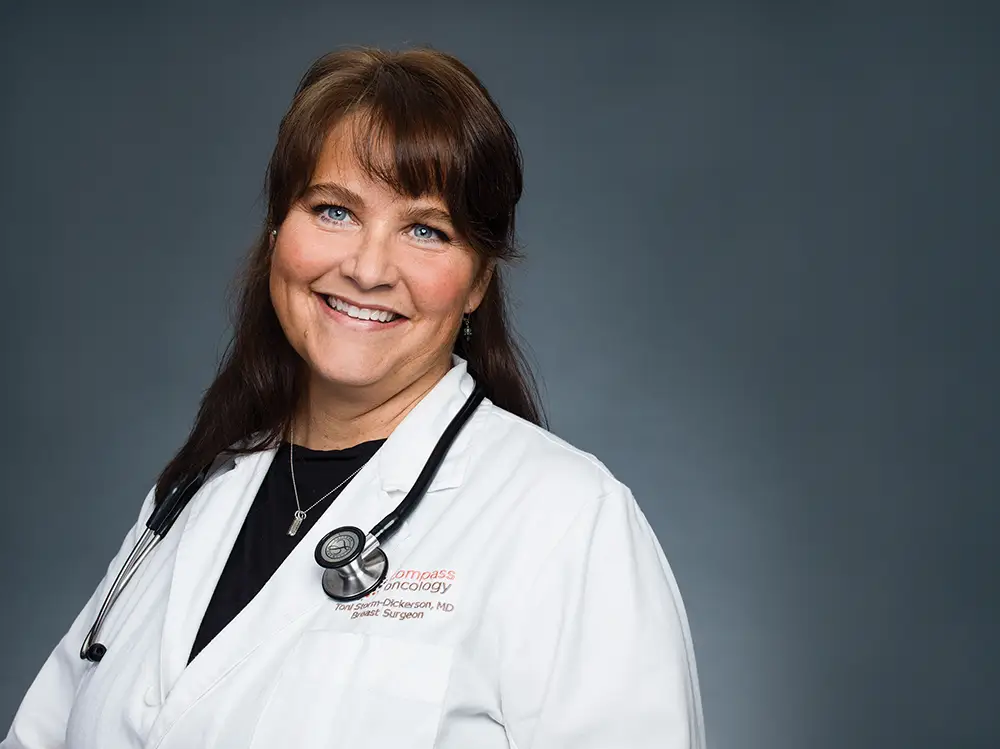
Access to Trials and Time for Patient Care
Toni Storm, M.D., Compass Oncology
Being in The Network allows us to provide excellent care and have a strong voice both in research and clinically in our patient management.
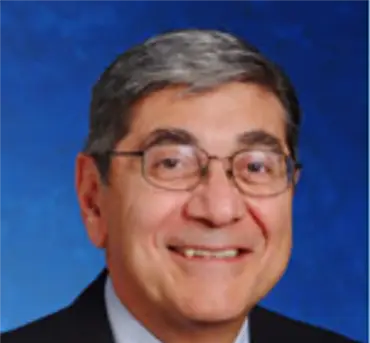
A Community of Resources
Fred Ekery, M.D., Texas Oncology
Having access to the entire network of physicians and being able to ask them questions about medical issues, practice culture issues, behavior and expectation issues, and financial issues is one of the greatest assets of being in The Network.
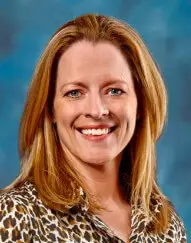
Stability in Unstable Times
Amy McNally, M.D., Minnesota Oncology
Being able to tap into The Network’s vast knowledge base, has helped us to thrive during the most challenging times. Our alliance is critical for the constant ongoing demands of healthcare. With the support of The Network, we are able to focus on treating our patients, while they navigate the complexities of the healthcare landscape.
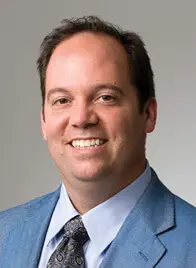
Stabilization During Reimbursement Challenges
Matthew Skelton, M.D., Blue Ridge Cancer Care
Having access to The Network’s resources have been vital in helping us attain success in alternative payment models. By being able to collaborate with both physicians and payer experts, we’ve expanded our knowledge of reimbursement challenges, which resulted in an increase of compensation.
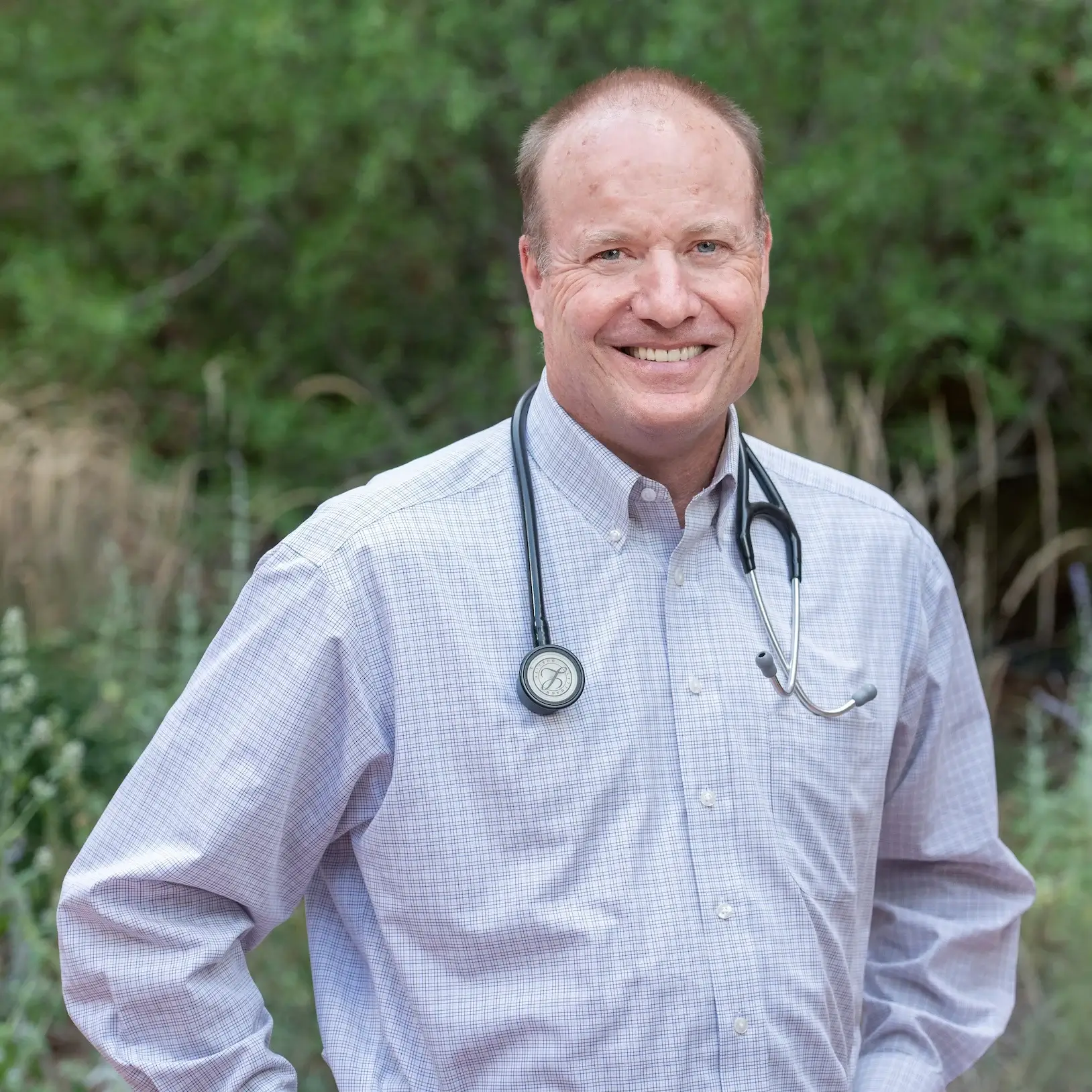
Financial Security
Timothy Murphy, M.D., FACP, Rocky Mountain Cancer Centers
Being part of The Network increases my ability to succeed financially through a significantly lower cost of capital with no buy-in or capital call, lower drug costs, excellent revenue cycle management and managed care contracts.
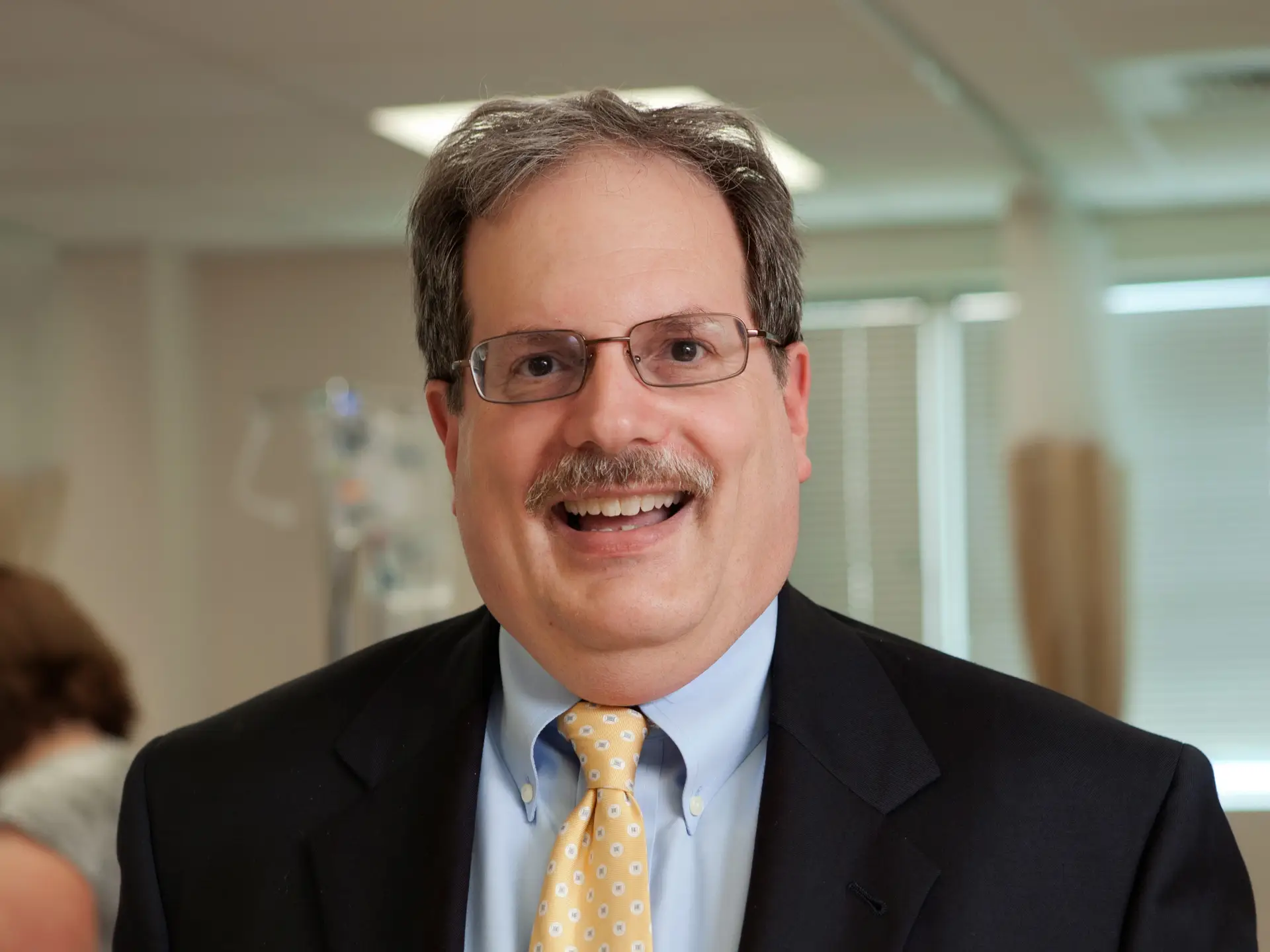
Help with Medicare Carrier Claims Audit
Scott Kruger, M.D., Virginia Oncology Associates
When our new Medicare carrier decided to do pre-audits and held onto millions of dollars of Medicare claims, McKesson Specialty Health stepped forward. There were deadlines to submit medical records and due to the sheer volume, the practice alone could not meet those deadlines. Using resources available to The US Oncology Network helped and we met the impossible deadlines set up by our Medicare carrier. In the end, not one charge was denied and we collected all of the money entitled to us. No one had to go the bank and get a personal loan to cover the millions of dollars that were in limbo, operations remained normal and we were supplied with the working capital until the audit was completed.

More Time for Patient Care
Greg Sibley, M.D., Virginia Cancer Specialists
I spend my day making medical decisions while The Network provides all the management – it frees me up to be a physician. I didn’t get into medicine to figure out coding, reimbursement and EMRs. There’s so much to master to practice medicine nowadays. I used to have help with billing, but that person couldn’t help with contract negotiations and they didn’t have purchasing power. The value of being part of The Network is in being part of a group that has this expertise, power and leverage supporting it.
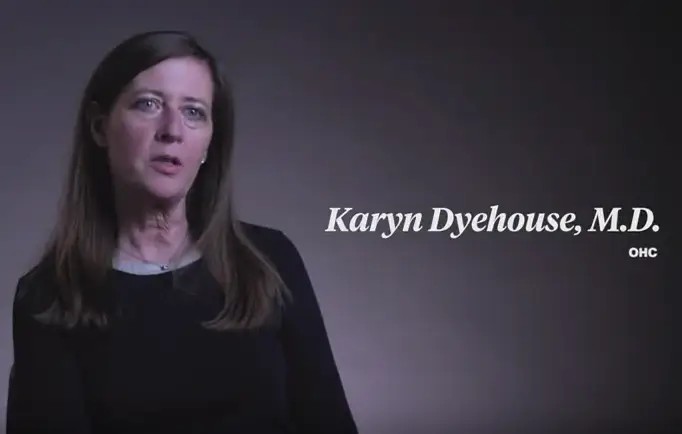
Clinical Trials Advance Care in Community Cancer Centers
Karyn Dyehouse, M.D., OHC
Dr. Karen Dyehouse with OHC talks about why they signed up for the clinical trials program with The US Oncology Network.
Watch the 1 minute video
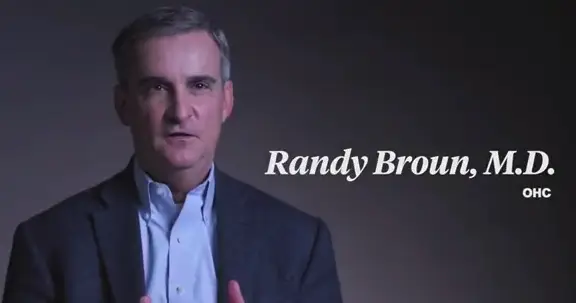
Stability in the Increasingly Complex World of Health Care
Randy Broun, M.D., OHC
Dr. Randy Broun speaks to why OHC joined The Network and why staying independent was so important.
Watch the 1 minute video
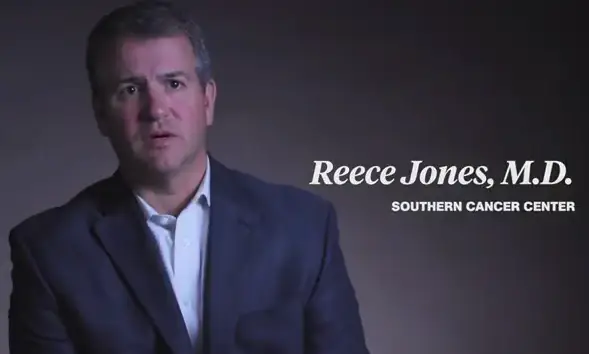
We Take Care of Your Business so you can Take Care of Your Patients
Reece Jones, M.D., Southern Cancer Center
Dr. Reece Jones talks to the advantages of joining The Network so he can focus on patient care.
Watch the 1 minute video
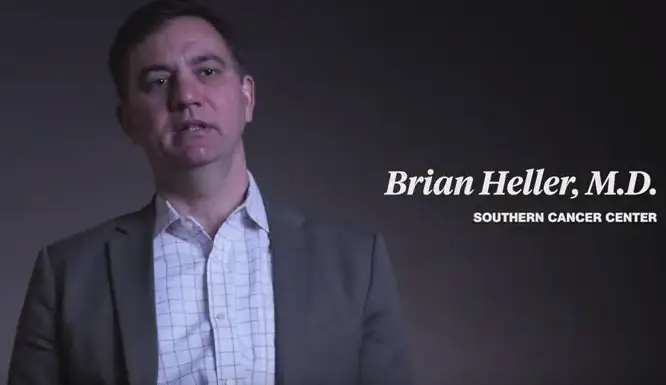
A Physician-Led Network
Brian Heller, M.D., Southern Cancer Center
Dr. Brian Heller of Southern Cancer Center talks about the responsiveness of The Network.
Watch the 1 minute video
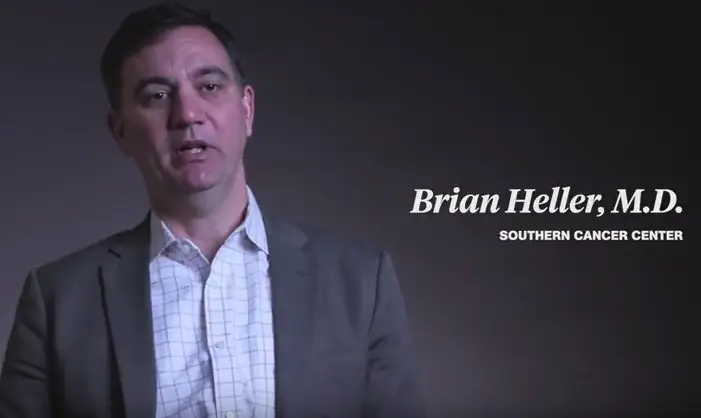
Succeeding in Value-Based Care
Brian Heller, M.D., Southern Cancer Center
Dr. Brian Heller of Southern Cancer Center Discusses how joining The Network helps them succeed in value-based care.
Watch the 1 minute video
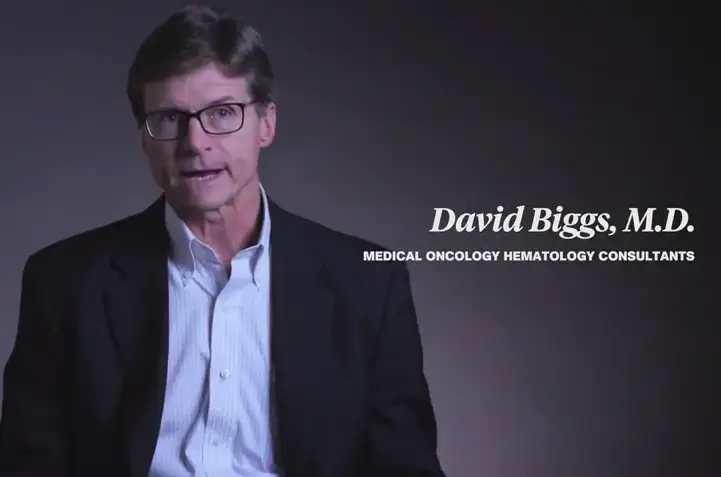
Career Development & Leadership Opportunities
David Biggs, M.D., Medical Oncology Hematology Consultants
Dr. David Biggs of Medical Oncology Hematology Consultants speaks about the career development and leadership opportunities available for physicians.
Watch the 1 minute video
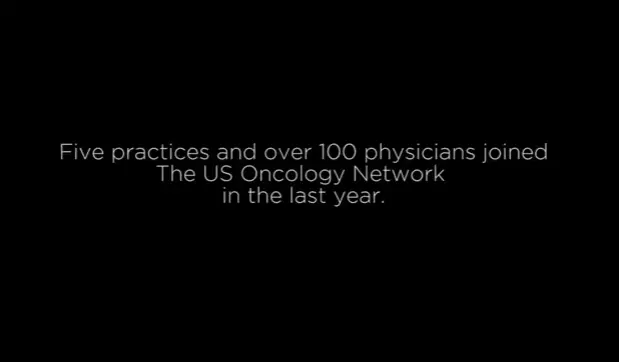
New Practices and Physicians Join The Network
Five practices and over 100 physicians have joined The US Oncology Network in the last year. Hear why in this testimonial video.
Watch the 3 minute video
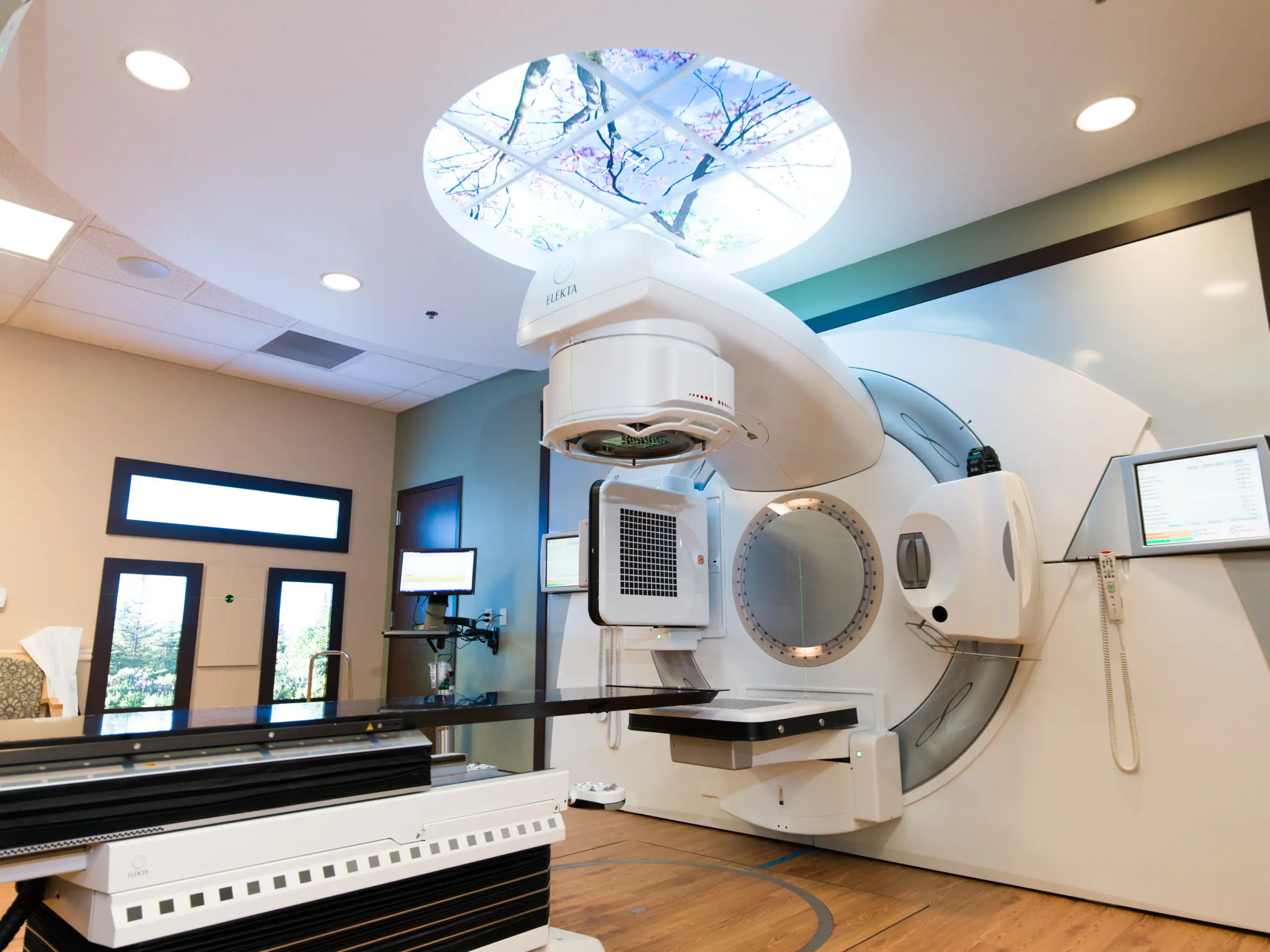
Addition of Radiation to Practice Supports Integrated Care
Providing integrated, seamless care under one roof drives better outcomes and increases patient and physician satisfaction, but building a successful multidisciplinary practice is not an easy task. Read how one the practices in The Network was able to add radiation with our help.
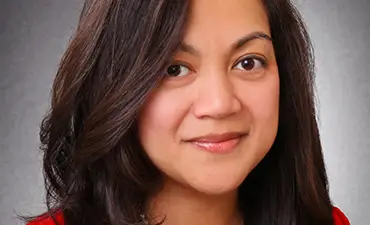
Maneuvering the Storm
Arsyl De Jesus, M.D., New York Oncology Hematology
The forward thinking people in The Network have helped us maneuver the storm.

Practice Wins Exclusive Coverage of >125K Members in Health Plan
Excess capacity can create inefficiencies and revenue loss, which can ultimately impact patient care. See how The Network came up with a creative solution to fill excess capacity.
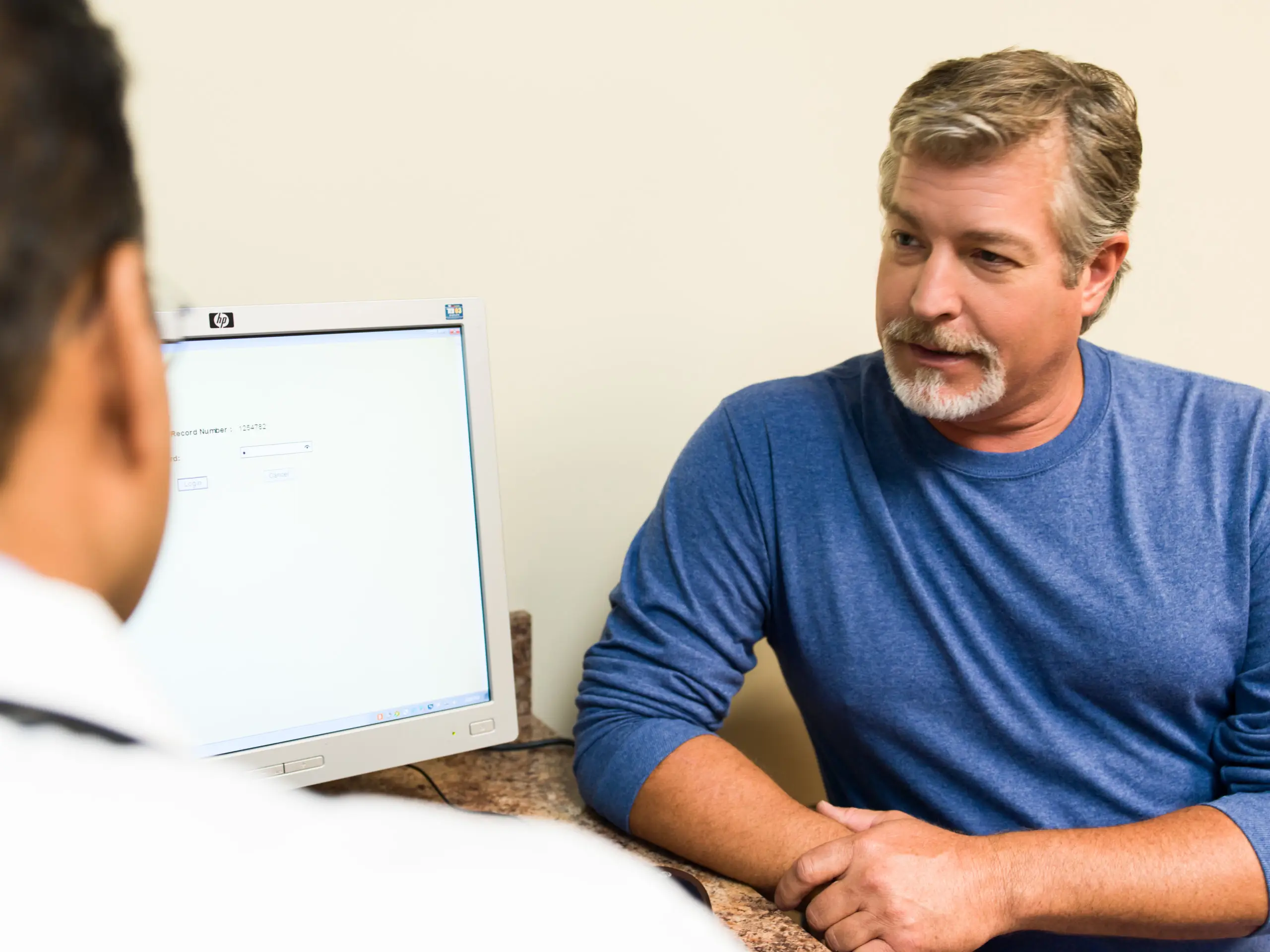
Financial Assistance Support Program Helps Keep More Patients on Treatment
Administrative burdens can be overwhelming with co-insurance and co-pay assistance. The US Oncology Network delivered on a solution that enhanced patient care and satisfaction.
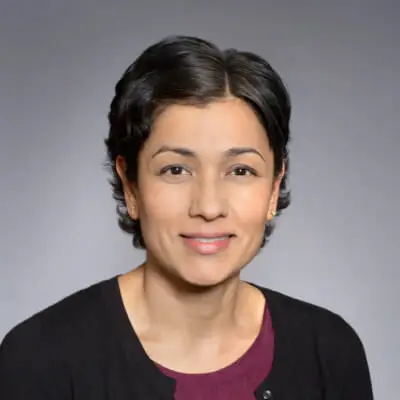
Access to Capital and Streamlined Care
Dipti Patel-Donnelly, M.D., Virginia Cancer Specialists
By partnering with The US Oncology Network, we gained access to capital which provided the opportunity to build an innovative, state-of-the-art cancer center within the community. In addition, the streamlined care and systems that we’ve been able to maintain by being a part of The Network, helped attract major health insurers. With our expanded locations, we are positioned to continue delivering quality care to our patients, close to home.
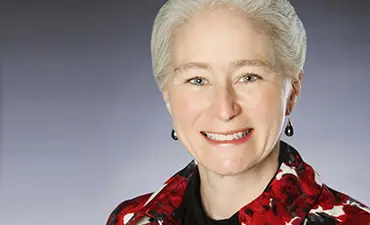
Maximizing Reimbursements
Heidi A Jordan, M.D., Texas Oncology
Being part of The US Oncology Network has enabled me to maximize the options for reimbursement through group education regarding equal options and choices from the pharmacy, preferential drugs, and pathways. Further, being a part of a group that can lobby and negotiate on our behalf and for our patients is incredibly beneficial!
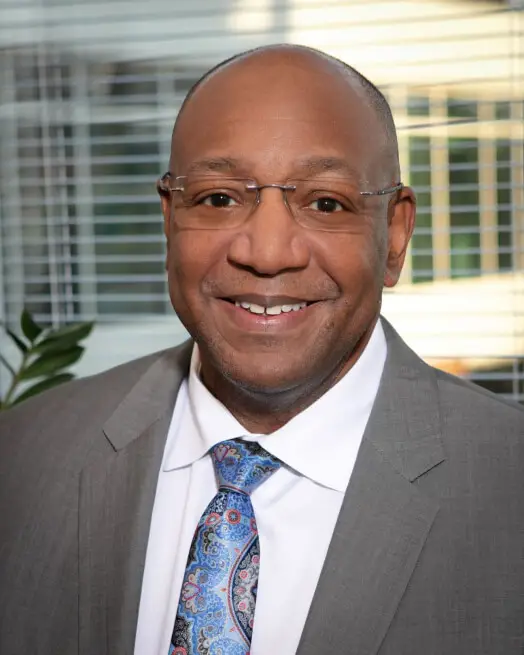
Professional and Personal Fulfillment
Mark Fleming, M.D., Virginia Oncology Associates
The US Oncology Network provides the structure and opportunity for physicians to reach new heights in their profession. Our 1,400+ independent physicians are empowered to influence decisions that impact patient care, demonstrate clinical knowledge, while also enhancing their leadership skills. Having the access and ability to collaborate on best practices, cultivate professional relationships, while gaining a deeper understanding of multi-specialties is invaluable. I have ideas and want to make things happen, and I can because I’m part of The Network.
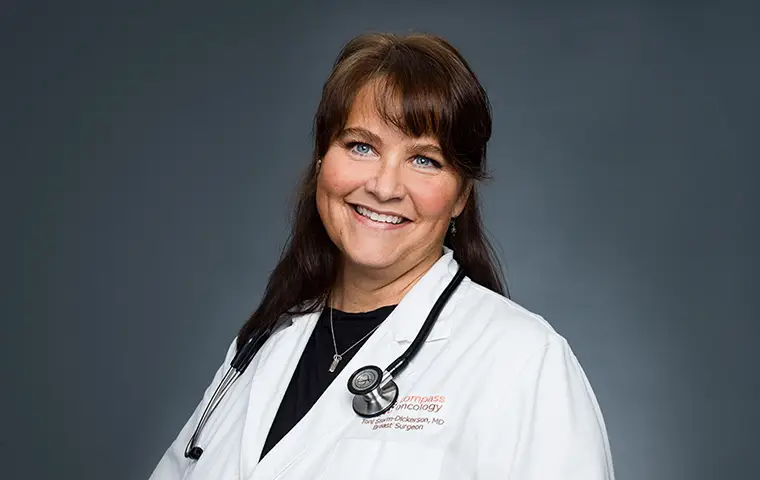
Thriving in a Competitive Environment
Toni Storm-Dickerson, M.D., Compass Oncology
In the current, incredibly competitive medical environment it is hard to survive without being part of some larger, stronger entity, for negotiating contracts etc. Being part of The Network has allowed us to do this.
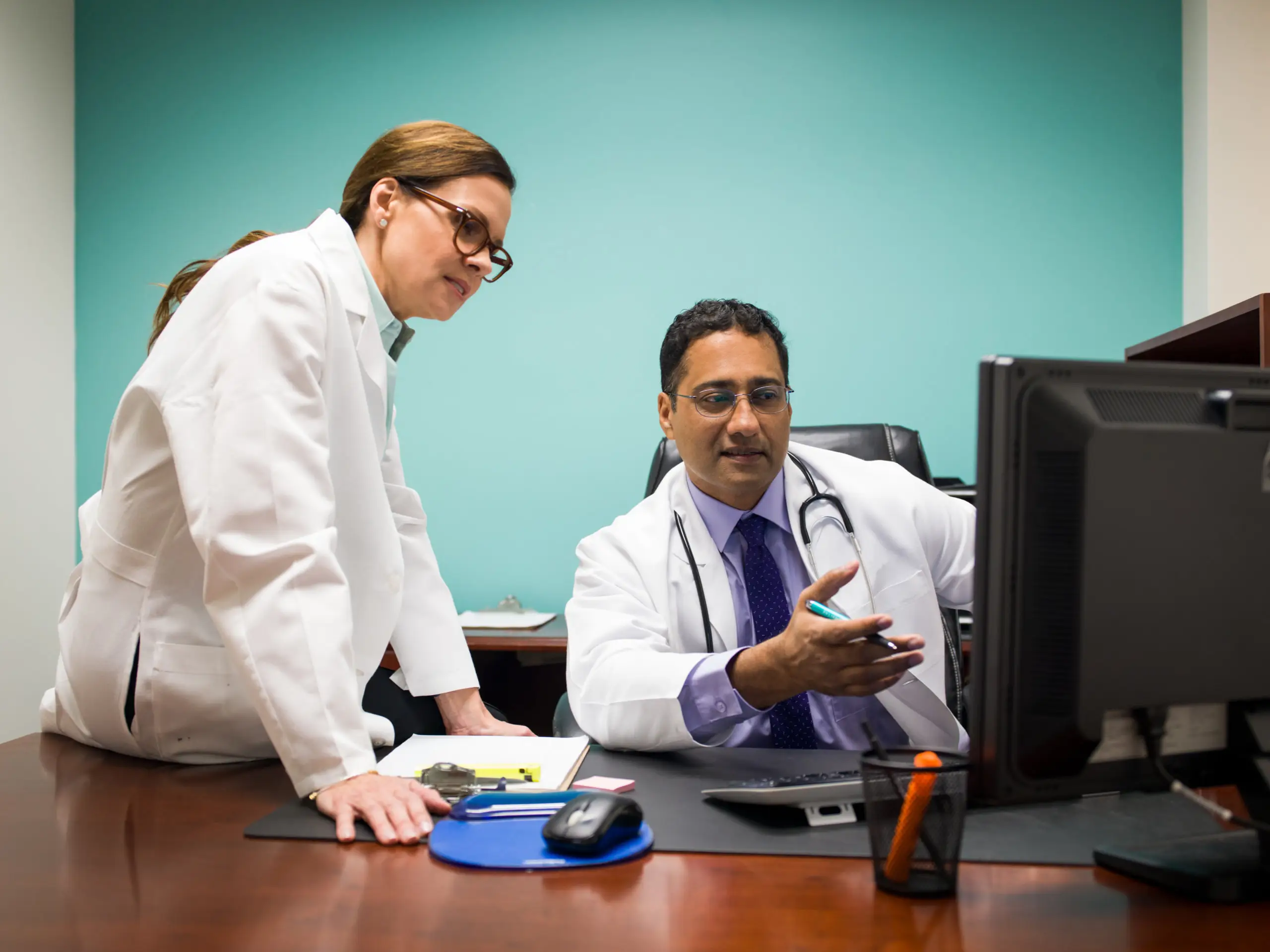
Payer Negotiation Enables Continued Patient Care
When a practice in The Network saw significant reduction in drug rates, we took action to develop a winning strategy.
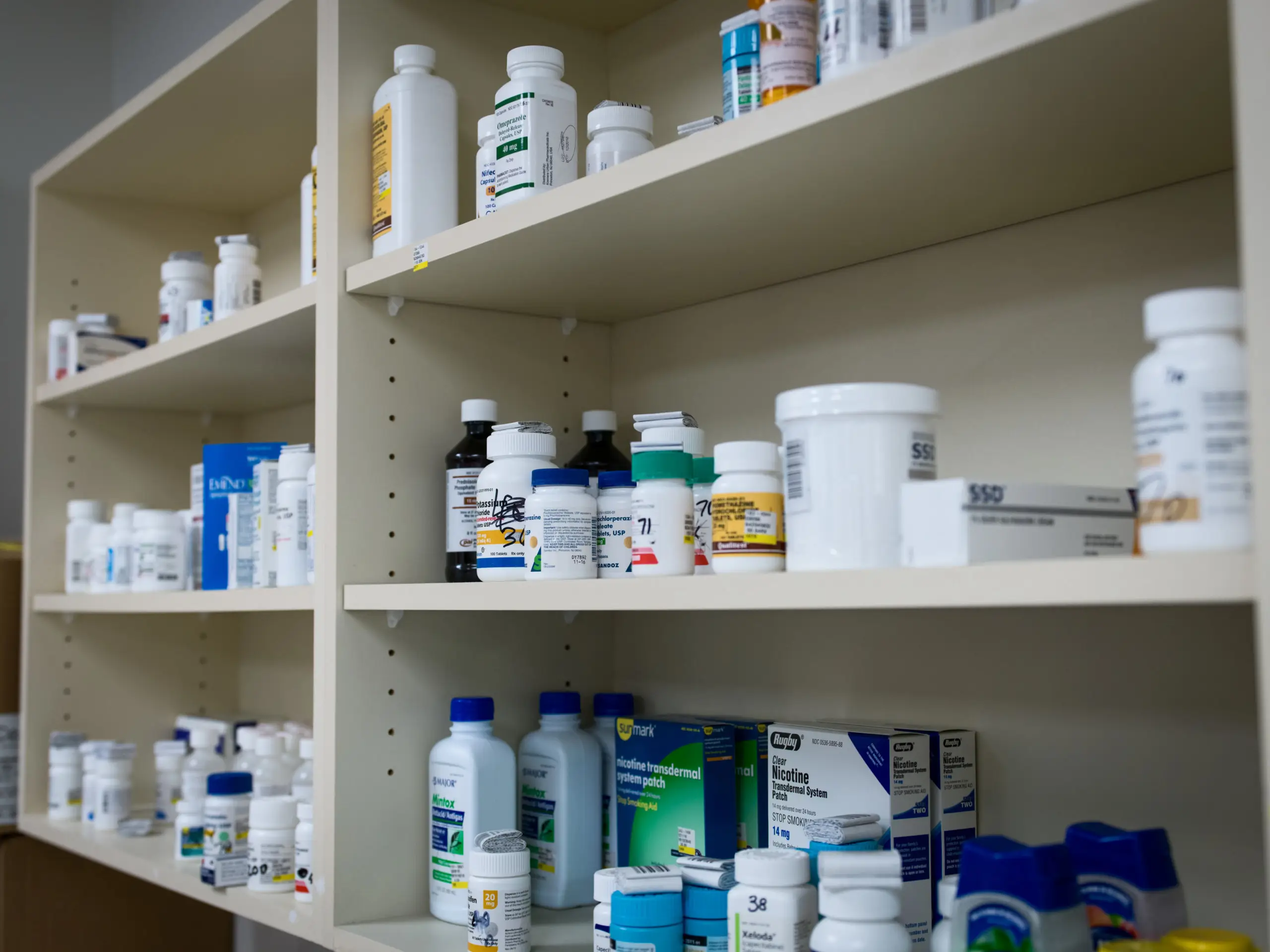
In-Office Dispensing Improvements Reduce Staff Burden
Cumbersome and slow prior authorization process and a growing volume of orals created an opportunity for process improvement and increased patient satisfaction.
